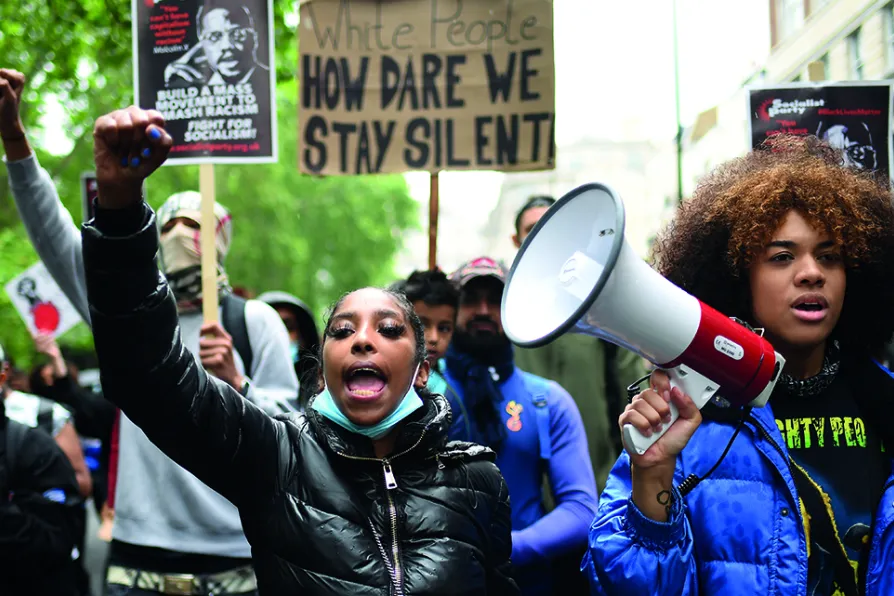The truth will out: we are here to unveil the full scale of the government’s complicity in genocide and to hold it to account for the monstrous bloodshed in Palestine, writes JEREMY CORBYN


WE ARE currently in the midst of three distinct but overlapping crises.
All of them are being exploited against the interests of ordinary workers, against black and Asian people and migrants and against countries outside the G7 club of rich countries.
In first place is the public-health crisis caused by the novel coronavirus, which is now responsible for over 400,000 deaths globally.

Every Starmer boast about removing asylum-seekers probably wins Reform another seat while Labour loses more voters to Lib Dems, Greens and nationalists than to the far right — the disaster facing Labour is the leadership’s fault, writes DIANE ABBOTT MP

DIANE ABBOTT explodes the anti-migrant myths perpetrated by cynical politicians and an irresponsible mass media

Our Foreign Secretary now condemns Israel in the Commons, yet Britain still supplies weapons and intelligence for its bombing campaigns — as the horror reaches perhaps the final stage, action must finally replace words, writes DIANE ABBOTT MP

The BBC and OBR claim that failing to cut disability benefits could ‘destabilise the economy’ while ignoring the spendthrift approach to tens of billions on military spending that really spirals out of control, argues DIANE ABBOTT MP













